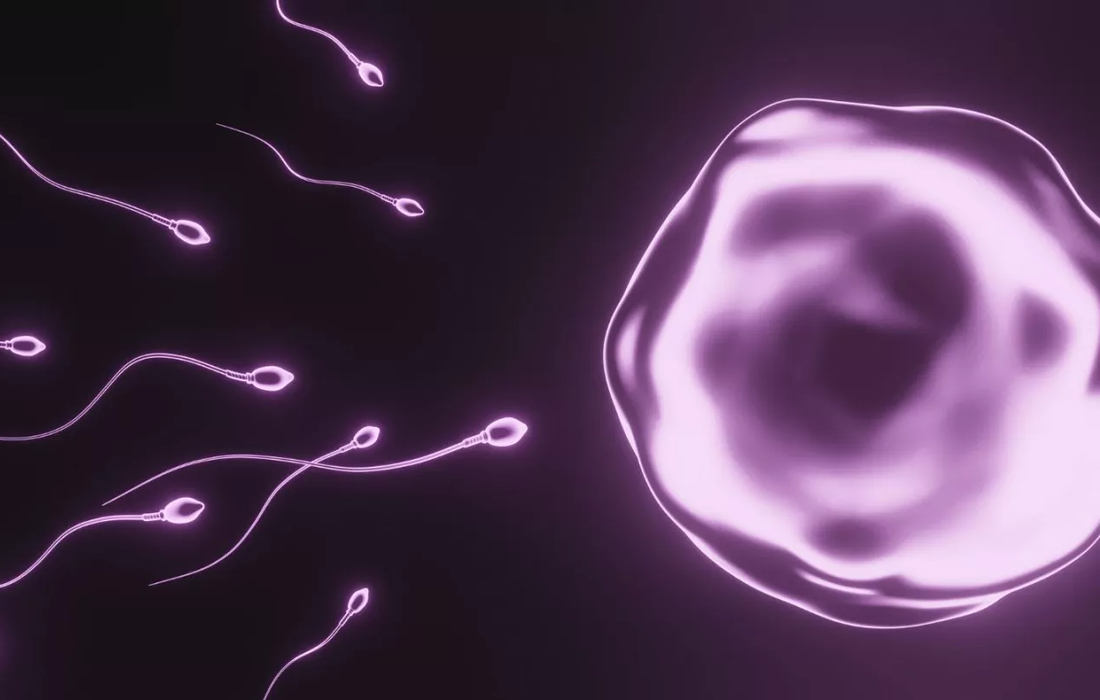Lifestyle
Weight Loss Can Increase the Sperm Count in Overweight Men
The prevalence of obesity is increasing globally , while meta-analyses indicate declining sperm count over time. Increasing BMI levels, overweight and obesity are associated with decreased sperm concentration, total sperm count, progressive sperm motility and sperm morphology. Increased BMI of both the woman and the male partner is also associated with subfertility (time-to-pregnancy > 12 months or use of assisted reproductive technology).
In line with these observations, results from a meta-analysis showed an increased risk of low (oligozoospermia) and very-low (azoospermia) sperm count in men with obesity compared to men with normal weight. Thus, compared to men with a BMI between 18.5 and 24.9 kg/m2, the odds ratio for low sperm count increased to 1.28 for men with a BMI between 30.0 and 39.9 kg/m2 and to 2.04 with a BMI above 40.0 kg/m2. Obesity is therefore considered a risk factor for development of male infertility.
A diet-induced weight loss intervention followed by exercise, GLP-1 receptor agonist therapy or the combination to maintain weight loss, has shown that the detrimental metabolic effects of obesity are reversed, to a large extent, by weight loss. While studies in women have shown that weight loss achieved by combining diet and exercise interventions was associated with increased pregnancy rates, only a limited number of studies have investigated the effect of weight loss on male fertility.
Men with obesity can double their sperm count if they lose weight and maintain the weight loss
In a new clinical study, researchers from the University of Copenhagen and Hvidovre Hospital show that men with obesity improve their semen quality if they lose weight, and maintain the weight loss.
The study is a sub study of a major publication on weight loss, which was published in the New England Journal of Medicine in May 2021. A total of 215 Danes with obesity participated in the larger study. It was among these participants that 56 of the men also provided semen samples to investigate whether semen quality and weight loss could be related.
In the trial, all participants first followed an eight-week regimen with a low-calorie diet, resulting in a weight loss. Then the participants were randomly divided into four groups.
Two of the groups received placebo medication, while the other two groups received obesity medication. Among the two placebo groups, one group had to follow an exercise programme where each week, they had to do a minimum of 150 minutes of moderate physical training or 75 minutes of hard training, or a combination.
The other group did not change their usual level of physical activity. The two groups that received obesity medication were divided in the same way, into a group with and a group without an exercise programme.
After a year, it was shown that the group that only exercised and did not receive medication, as well as the group that only received obesity medication and did not exercise, maintained the weight loss of 13 kg.
Results…
The men lost an average of 16.5 kg which increased the sperm concentration by 50 percent and the sperm count by 40 percent eight weeks since the weight loss. During the 52 weeks, the trial lasted following the weight loss, the men maintained the improved semen quality. But only the men who maintained the weight loss: after a year, these men had twice as many sperm cells as before their weight loss. The men who regained weight, lost the improvements in semen quality.
SOURCE:
Emil Andersen, Christian R Juhl, Emma T Kjøller, Julie R Lundgren, Charlotte Janus, Yasmin Dehestani, Marte Saupstad, Lars R Ingerslev, Olivia M Duun, Simon B K Jensen, Jens J Holst, Bente M Stallknecht, Sten Madsbad, Signe S Torekov, Romain Barrès ( May 17, 2022). Sperm count is increased by diet-induced weight loss and maintained by exercise or GLP-1 analogue treatment: a randomized controlled trial. Human Reproduction. Retrieved from : https://academic.oup.com/humrep/article/37/7/1414/6587152

